Irene ohbee nm ( obi m ) ( obim ), your post mentions the names/words
Osun,
Obatala,
Obembe?,
Orisha.
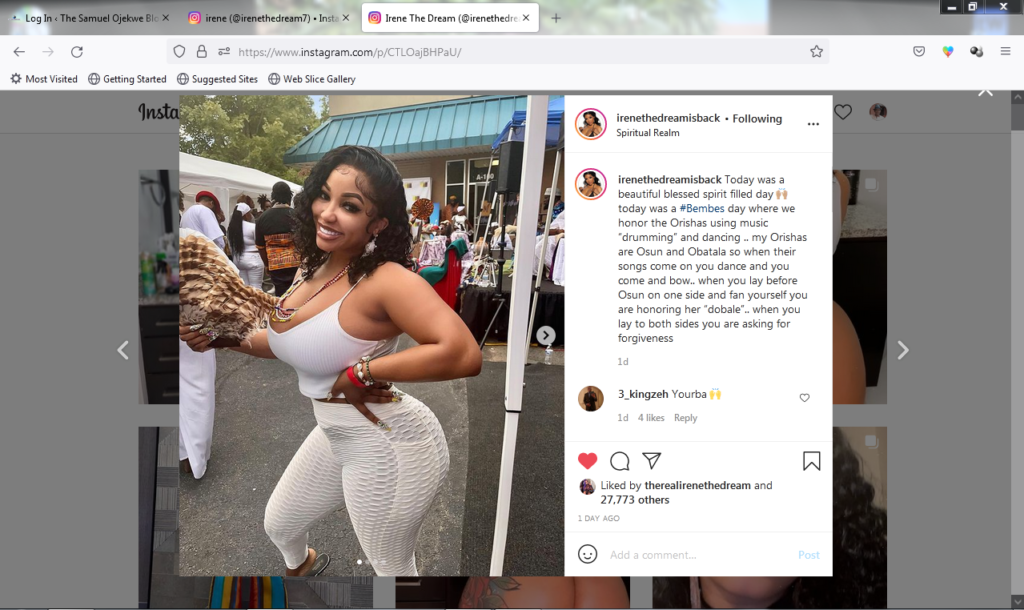
these words / names are Yoruba tribe words / names from / of the Yoruba tribe of South-West(ern) Nigeria.
the Yoruba tribe is one of the 3 largest tribes in Nigeria in terms of population.


the other 2 large tribes are
the Ibo / Igbo ( Eeboe / Eegboe ) tribe
and
the Hausa tribe.
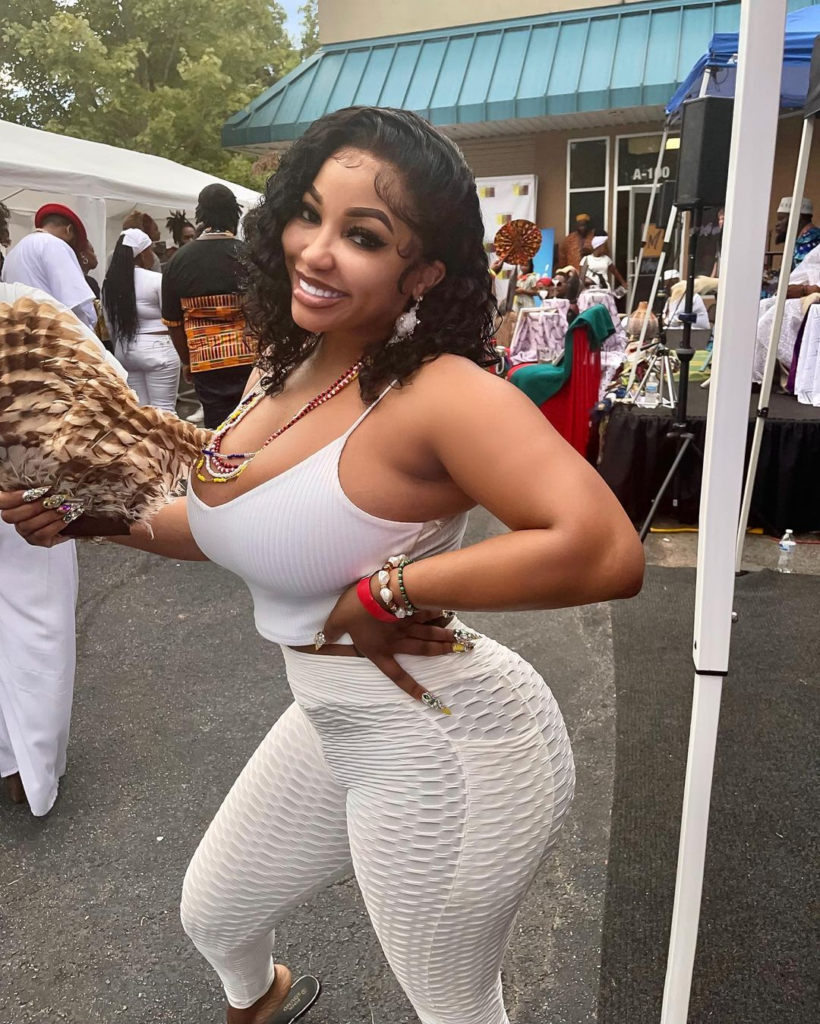
the Yoruba tribe is native to the
South-West(ern) administrative geo-political zone of Nigeria
which is made up of 6 out of the 36 states in Nigeria.
the states in the South-Western administrative geo-political zone of Nigeria are :
⏹️ Lagos State – for many years the federal capital of Nigeria until the capital was moved to Abuja.
⏹️ Ogun State
⏹️ Oyo State
⏹️ Osun State
⏹️ Ondo Sate
⏹️ Ekiti State

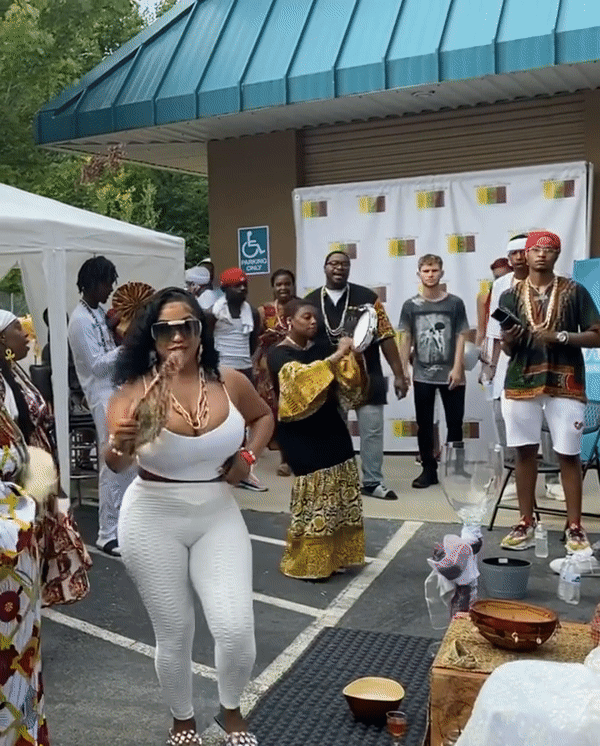
the Yoruba tribe is also native to parts of
⏹️ Edo State which is in the
South-South administrative geo-political zone of Nigeria
west of the River Niger
and
the Yoruba tribe is also native to parts of
⏹️ Kwara State and
⏹️ Kogi State
which are in North-Central administrative geo-political zone of Nigeria.

however, there are other tribes that are also native to these States
and
in these states i.e Edo State, Kwara State, Kogi State
the Yoruba tribe do not have
the predominance of population i.e numerical strength
and the single-ness of core / same / one ethnicity
that they have in the core Yoruba-land area of Nigeria States, viz :
Lagos State, Ogun State, Oyo State, Osun State, Ondo State, Ekiti State.
the Yoruba tribe are also native to a French language speaking country
here in Western Africa, Africa
called the Republic of Benin ( Republique de Benin ).
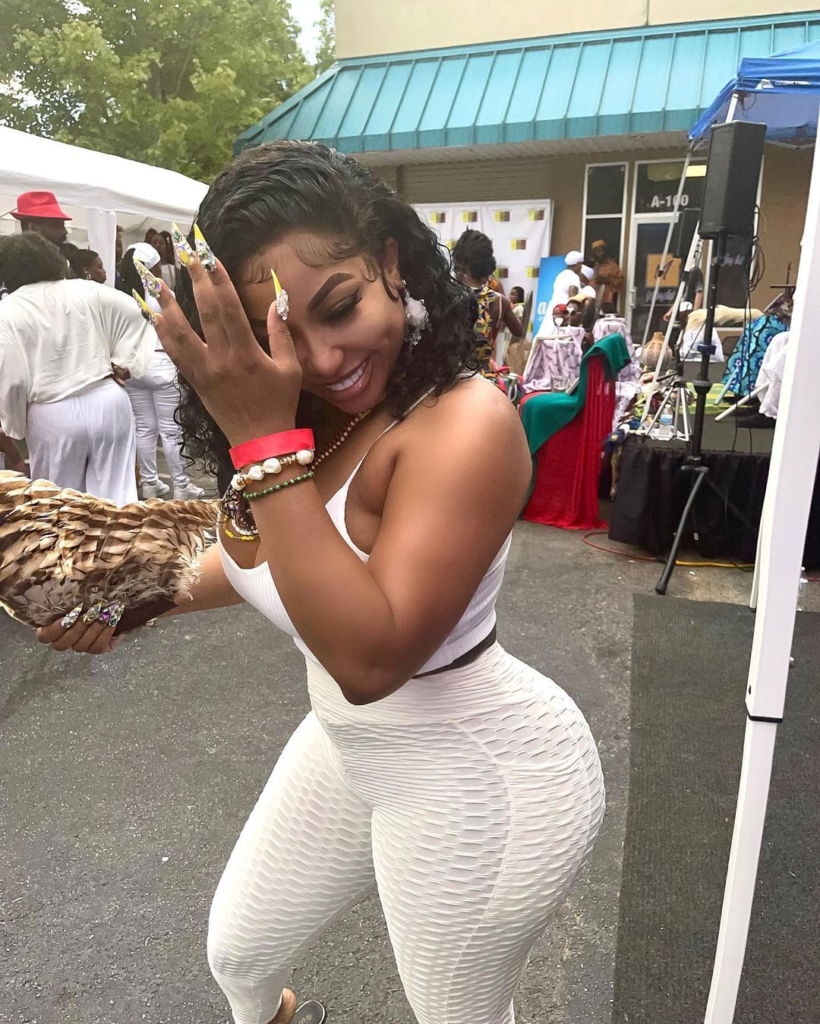
according to some rumours,
several hundreds of years ago,
some members of the Yoruba moved i.e migrated from
a place called ile-ife
which is believed to be the cradle of the Yoruba civilization
to the Republic of Benin
and settled there.
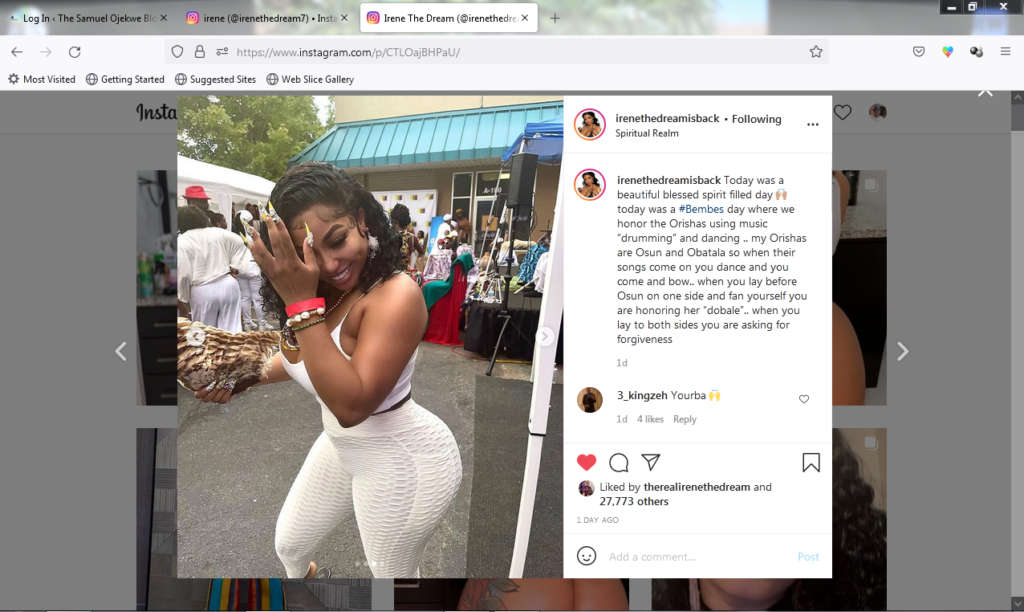
Irene ormahleechar nm ( omalicha m ) ( omalicham ),
as far as i can understand your post and your video,
what it is /they are reflecting is
not ordinary fun and games
nor is it ordinary singing and dancing
but rather
the veneration, reverence and worship of the Yoruba tribe god / deity there
and that singing and dancing and movement there
is a part of the practice of the religion
i.e a part of the process of the veneration, reverence and worship of
the Yoruba tribe god / deity there.
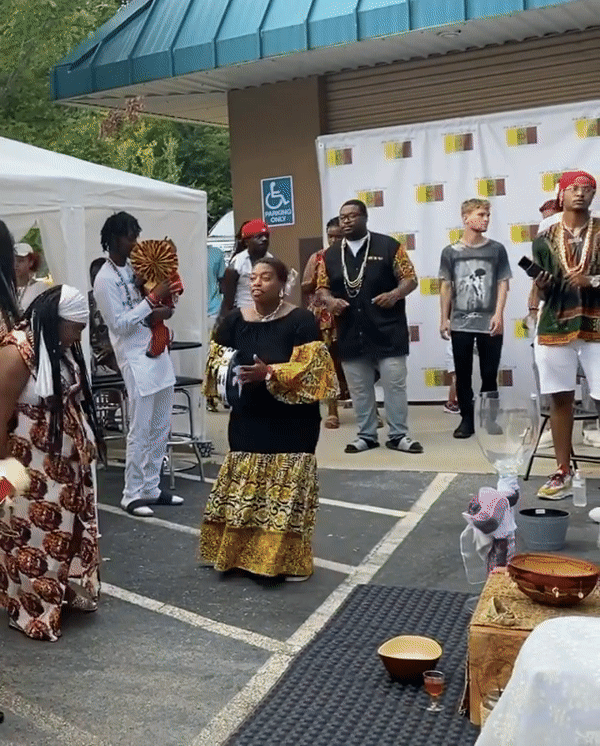
also as far as i can understand it,
Irene nnkeh nm ( nkeh m ) ( nkem ),
basically,
today 2021 A.D persons of the Yoruba tribe
practice any of 3 major / main religions.
these 3 major / main religions are :
(1) Christianity
(2) Islam
(3) Yoruba tribe traditional religions
those members of the Yoruba tribe that practice the Christianity religion
are called Christians.
those members of the Yoruba tribe that practice the Islam / Islamic religion are called Muslims / Moslems.
those members of the Yoruba tribe that practice the Yoruba tribe traditional religions are called Yoruba tribe traditional religion practioners.
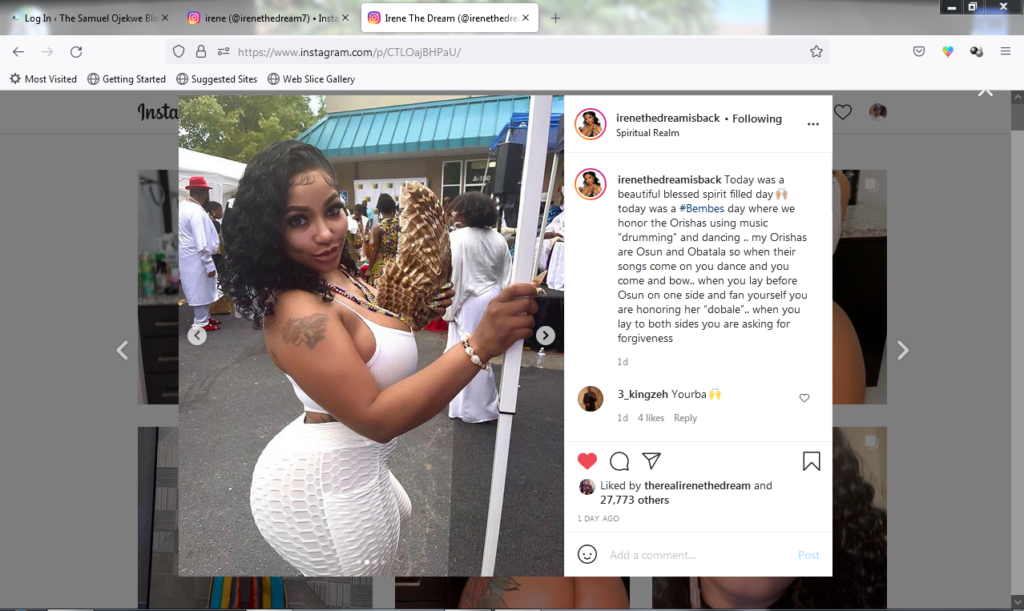
those members of the Yoruba tribe that practice the Christianity religion
i.e the Christians
worship Almighty God who they also call Jehovah, Yahweh, Yah.
those members of the Yoruba tribe that practice the Islam / Islamic religion
i.e the Moslems / Muslims
worship Almighty God who they also call Allah.
those members of the Yoruba tribe that practice the Yoruba tribe traditional religions
i.e Yoruba tribe traditional religion practioners
worship any one of the traditional Yoruba tribe deities / gods that they choose to worship. e.g
(a) the Yoruba tribe god of Iron called Ogun
is worshipped by Ogun worshippers
(b) the Yoruba tribe god of Thunder and Lightning called Sango
is worshiped by Sango worshippers.
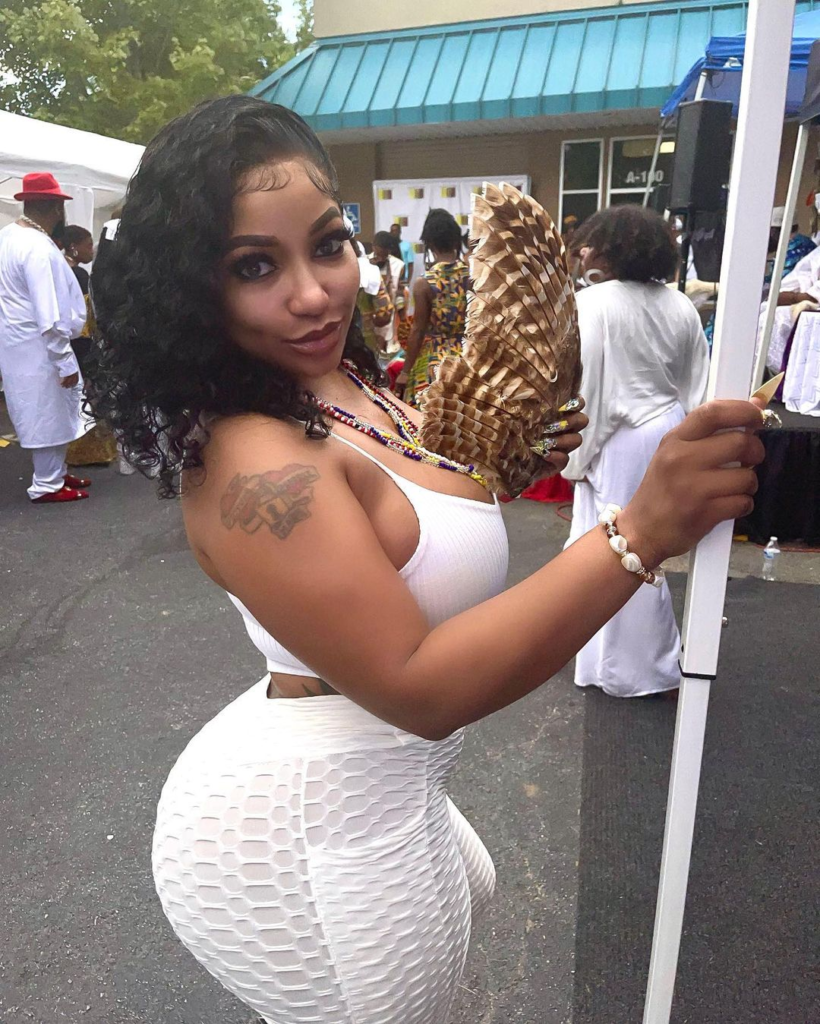
Christianity was introduced into the Niger Area i.e Nigeria
by
European Church Missionaries several hundreds of years ago.
Islam was introduced in the Niger Area i.e Nigeria
by
Arabs several hundreds of years ago.
the Traditional Yoruba tribe religions
just like
the Traditional Religions of other tribes in Nigeria
have been here in Nigeria
since time immemorial
and were here
before the Europeans brought Christianity via the Atlantic Ocean
and
before the Arabs brought Islam via the Sahara Desert.
today 2021 A.D there are many Yoruba tribe persons who do not practice any of the Yoruba traditional religions
and
are strictly either Christians or Muslims / Moslems.
despite this reality however,
it is sometimes possible from family surnames to know the
traditional Yoruba tribe god / deity that
a family once worshipped / venerated at a point in their family history.
thus, for example, it is likely that
▶️ persons that bear surnames like :
Ogundipe,
Ogunlana,
Ogunkoya,
come from a family that once worshipped Ogun ; the Yoruba tribe god of iron
▶️ persons that bear surnames like :
Sangowawa, ( Shangowawa )
Sangosanya, ( Shangosanya )
Sangodimu, ( Shangodimu )
come from a family that once worshipped Sango ( Shango ) ; the Yoruba tribe god of thunder and lightning
▶️ persons that bear surnames like :
Fadipe,
Fashola,
Fajemirokun,
come from a family that once worshipped iFa.
▶️ persons that bear surnames like :
Orisharayi, ( Orisarayi )
Orishadipe, ( Orisadipe )
Orishasanya, ( Orisasanya )
come from a family that once worshipped Orisha ( Orisha ).
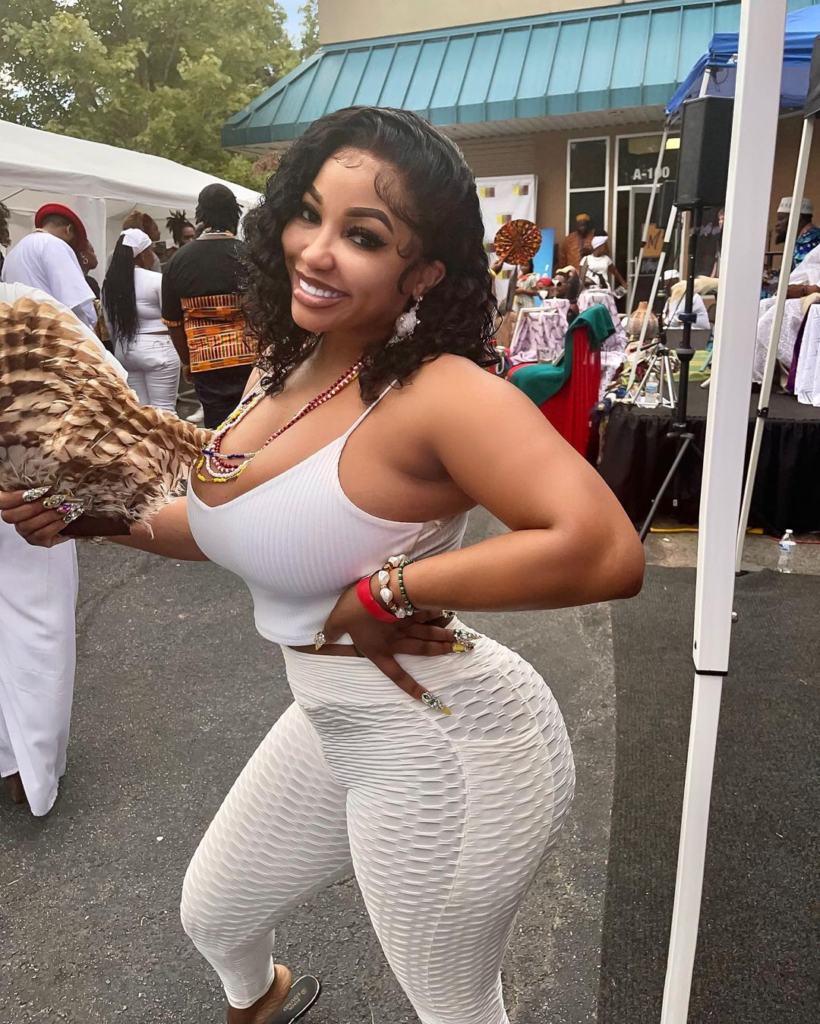
by the way, Irene aezeegboh nm ( ezigbo m ) ( ezigbom ),
as you may have spotted in a part of the fore-going
there
is a State in Nigeria called Osun ( Oshun ) State.
Osun ( Oshun ) State probably derived / derives it’s name
from the
Osun ( Oshun ) River.
if the information available to me is correct,
there is a place of worship linked to the Osun ( Oshun ) River.
i guess it is called the Osun ( Oshun ) grove.
you can google all of this if you wish.
and oh !, Irene ormahleechar nm ( omalicha m ) ( omalicham ),
also by the way,
Osun is propounced or-shun
Orisha ( Orisa ) is pronounced o-ree-sha
Obatala is pronounced or-ba-ta-la
as for that Bembe that you have there,
it is probably more correctly Obembe.
Obembe is a name which some Yoruba tribe persons bear as a surname
i.e as a family surname.
some persons from Osun ( Oshun ) State are known to bear this surname although some Yoruba tribe persons from some other states e.g Ekiti State are also known to bear the Obembe family surname
and as for that dobale that you mentioned,
it is pronounced dor-ba-leh
and
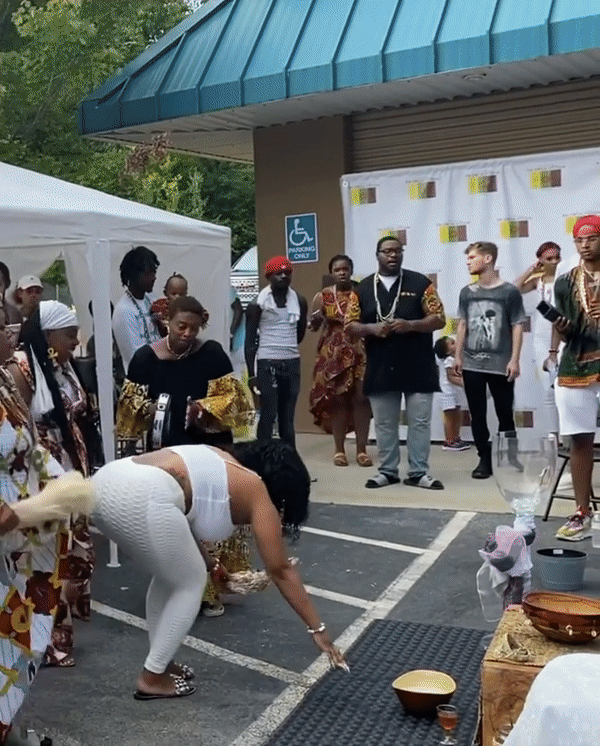
it actually means to prostrate
i.e to lie down flat on the ground in front of another person
face facing down,
stomach facing down,
as a mark of reverence, respect, deference, honour
to that person to/for whom the prostrating person is prostrating for.

so,
a person can prostrate in front of a king to rever the king,
a person can prostrate in front of an elderly person to rever that elderly person,
a person can prostrate in front of a his/her father to rever his/her father,
a person can prostrate in front of his/her mother to rever his/her mother,
a person can prostrate in front of his/her boss in the office to rever his/her boss
clearly, Irene ornyeh artuh nm ( onye atu m ) ( onye atum ),
it stands to reason that
if a person can prostrate in front of another human being in order to rever that human being,
then
that person can also prostrate in front of i.e in the presence of the god / deity that the person worships in order to rever that god / deity.
i am not sure of this one,
Irene eefeh artuh nm ( ife atu m ) ( ifeatu m ) ( ifeatum ),
however it seems that it is
actually the male folk i.e boys, men who dobale i.e prostrate
while
the female folk i.e girls, women kneel down.
again, i am not sure, however, i guess the yoruba tribe word for
kneel down = koo-nleh ( this spelling is based on OUR OWN METHODOLOGY FOR SPELLING AND WRITING EEBOE / EEGBOE WORDS BASED ON THE WAY THE WORDS ACTUALLY SOUND WHEN SPOKEN and is probably not the yoruba tribe spelling for the word koo-nleh )


so,
male folk dobale i.e prostrate
female folk koonleh i.e kneel down
with all due respect
to every one’s culture, traditions, customs, values, cultural practices, etc,
Irene eefeh artuh nm ( ife atu m ) ( ife atum ),
i come from a different tribe other than the Yoruba tribe
and
my tribe i.e the Ibo / Igbo ( eeboe / eegboe ) ( ebo / egbo ) ( eboe / egboe ) ( iboe / igboe ) tribe
does not practice the culture / tradition of prostrating
and

ibo / igbo tribe persons do not prostrate before anyone
be he/she a king or queen
be he/she an elderly person
be he/she his / her father
be he / she his / her mother
be he/she a boss in the office
nor do
ibo / igbo tribe persons prostrate before any igbo tribe god / deity.
Irene nm, i would guess that today 2021
there are more Yoruba tribe persons who are Christians
and that
there are more yoruba tribe persons who are Moslems / Muslims
than
there are Yoruba tribe persons who practice traditional Yoruba tribe religions.
as a matter of fact, Irene ohbee nm,
? the first black African person worldwide to become a
Bishop in the Anglican Church
is/was a Yoruba tribe man called Bishop Ajayi Crowther.
? the founder of the well known
Mountain and Fire Deliverance Ministries Church
is a Yoruba tribe man called Dr. Daniel Olukoya.
? the leader and General Overseer of the well known
Redeemed Christian Church of God ( RCCG ) Ministries
is a Yoruba tribe man called Dr. Enoch Adeboye
? the first black African person to achieve the ranking of Prelate
which is higher than Bishop
in the Methodist Church worldwide is a Yoruba tribe man.
i do not immediately recall his name right now.
however, i shall google it and then get back to you on it.
[ TO BE CONTINUED ]



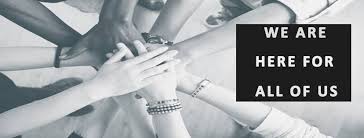
cialis viagra combo pack Schaeffer AJ, Wendel EF, Dunn JK, Grayhack JT